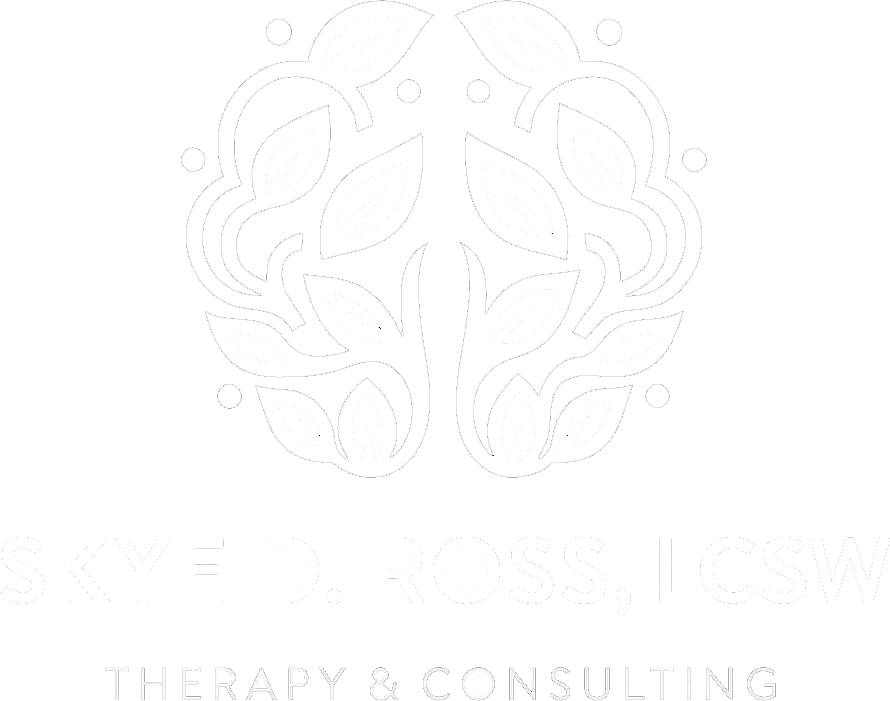
Manage the Impacts of Political Burnout
If you are noticing yourself feeling overwhelmed or burned out by the policy changes that have been made over the past few weeks, you are not alone. I’ve noticed most of the people in my practice coming in with symptoms of feeling more agitated, easily angered or frustrated, fatigued, feeling overwhelmed/frozen, and sad. We can acknowledge the speed with which sweeping decisions are being made and that the visceral impacts are intentional.
There are many reasons to notice the world around you and a lot of people are feeling the need to withdraw from the news and social media feeds. Some people feel it is important to remain engaged and aware of the world, in which case please continue to read the news and think about your community and the communities around you that are being impacted by policy changes. At the same time, pay attention to the impacts engaging in this way might be having on your body.
Common symptoms of burnout
- Feeling less connected to family and friends
- Reduced engagement in self care activities OR overindulgence to numb/avoid negative feelings/sensations
- Over- or under-eating
- Over- or under-sleeping
- Irritability
- Getting sick more often
- Increased negative self-talk
- Increased cynicism/feeling helpless or hopeless
- Dissociation, including via substance use, increased social media/smart phone use, overeating, and/or oversleeping
- Hypervigilance
- Less sensitive OR hypersensitive to emotional material
- Loss of sense of self or sense of purpose
Respond to Your Nervous System’s Needs
When we’re impacted by political stress, our nervous systems might enter fight/flight or freeze responses. Notice whether you are feeling agitated or numb/withdrawn and then follow steps to bring your nervous system back into alignment.
If you notice yourself becoming more agitated, remember to breathe. Remember where you are: Look around you by slowly turning your head from side to side. Engage your senses and notice what you see, hear, and smell. If you’re in a physical place that is presently safe, notice that. What do you notice shift or change in your body? Changing your focus can help ground you in your surroundings and bring calm to your system when you are feeling hypervigilant, scared, or agitated.
If you notice yourself feeling frozen (immobilized, not necessarily cold), try clasping your hands together and really push your palms against each other. You can try gently rubbing your fingernails against your arms or legs, either over your clothes or directly on your skin. This can help wake your system back up if your nervous system is in hypoarousal.
Decide What’s Next
Once your nervous system has returned to its desired state, some people may want to take action and others will want to lay low and focus on the safety of themselves and their family. Focus on what you need and what you have the capacity to do. Be honest with yourself. There is no right or wrong here and the identities we hold and communities you belong to will indicate your safety and capacity to get involved at a higher/macro levels vs. hunker down and focus on micro- or meso-level support and care.
When considering next steps, the identities and statuses we each hold are going to affect how greatly we are impacted by political changes and our capacity to get involved outside of ourselves, our families or our communities. If your life is more likely to be upended by political decisions, your focus will be on immediate safety for yourself and your family. Those of us with more privileged identities and statuses will have more capacity to find ways to get involved with broader efforts.
